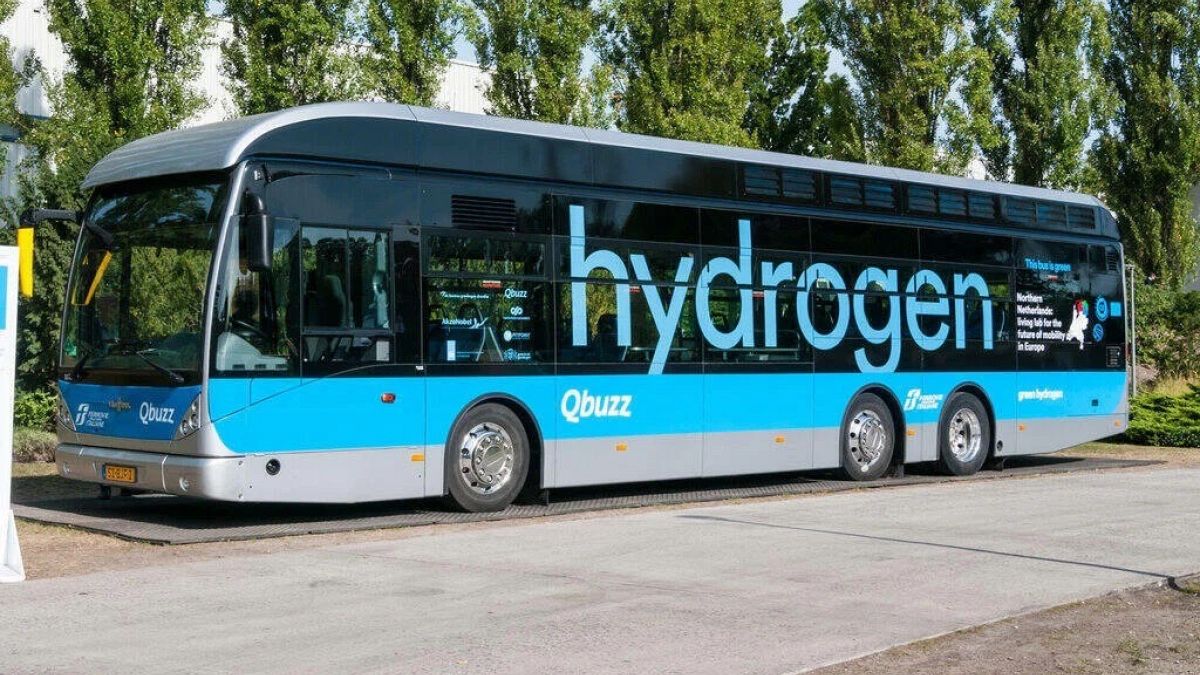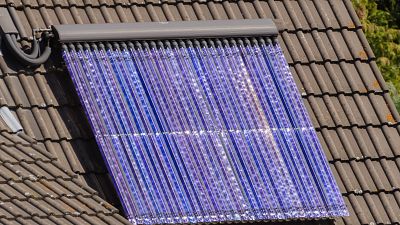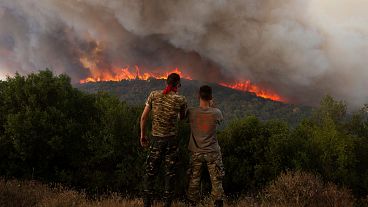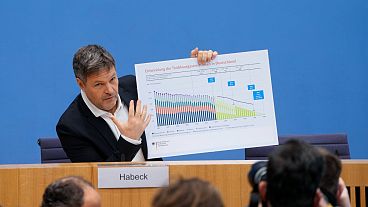New assessment questions EU countries’ ability to deliver climate goals.
Five EU countries’ climate and energy national plans lack detail and are inconsistent, jeopardising their chances of hitting 2030 emissions targets and raising the stakes for governments ahead of a looming 2040 climate target, according to an climate NGO report published today (January 31).
Draft national plans of Hungary, Italy, the Netherlands, Spain and Sweden all reveal “major planning issues” in crucial sectors for the energy transition such as hydrogen, land use, bioenergy and carbon storage, according to the report by the European Climate Neutrality Network (ECNO).
While Sweden’s national strategy implies the country is on track to reach net negative emissions by 2030, ECNO’s experts “do not deem it credible” arguing the country relies on old data and “low-quality planning”. As for Hungary, current plans point to a possible increase in greenhouse gas emissions and its draft plans “ambiguously” refer to “low-carbon” hydrogen as opposed to green hydrogen, reads the report.
In the Netherlands, by 2030, renewable hydrogen production is expected to meet around 30% to 40% of the country’s electricity demand, the report states, noting the country would use its renewable resources “with much lower efficiency”, instead of using it “directly as electricity”.
Italy’s draft plans show “heavy reliance on carbon capture storage (CCS) in the industrial sector” and lack any reference to alternative decarbonisation measures, according to the report, while Spain didn’t disclose details about long-term carbon sinking, risking inconsistencies and reliance on fossil fuels.
“Getting onto a climate-neutral pathway in this critical decade of action requires much more coherent and integrated cross-sectoral planning for the near term,” said Julien Pestiaux, lead author of the report and a partner at Climact, a consultancy and one of ECNO’s consortium partners.
Pestiaux warned EU countries to avoid overreliance on bioenergy to prevent “land grabs and deforestation around the world”, to carefully consider their demand for green hydrogen, and to make a clear distinction between carbon capture utilisation and carbon capture storage.
ECNO called on countries to “urgently up their games” when charting out national plans, an appeal echoed by the European Scientific Advisory Board on Climate Change (ESABCC), which said “more efforts are needed across all sectors” to reach the EU climate goals from 2030 to 2050.
The Commission is set to announce the new intermediary target 2040 climate target next week (February 6).
A leaked draft of the communication circulated in Brussels last week suggests the Commission intends to back a 90% reduction on net emissions compared to 1990, the lower end of a five-point range recommended by the EU’s independent scientific advisory board.
Member states have until June to present their energy and climate plans. The five countries did not respond immediately to the ECNO report.
Pestiaux welcomed the EU executive’s reported upcoming proposal for the 2040 climate target but maintained that “the robustness of the [national] plans will ultimately determine the successful delivery of the ambition”.



